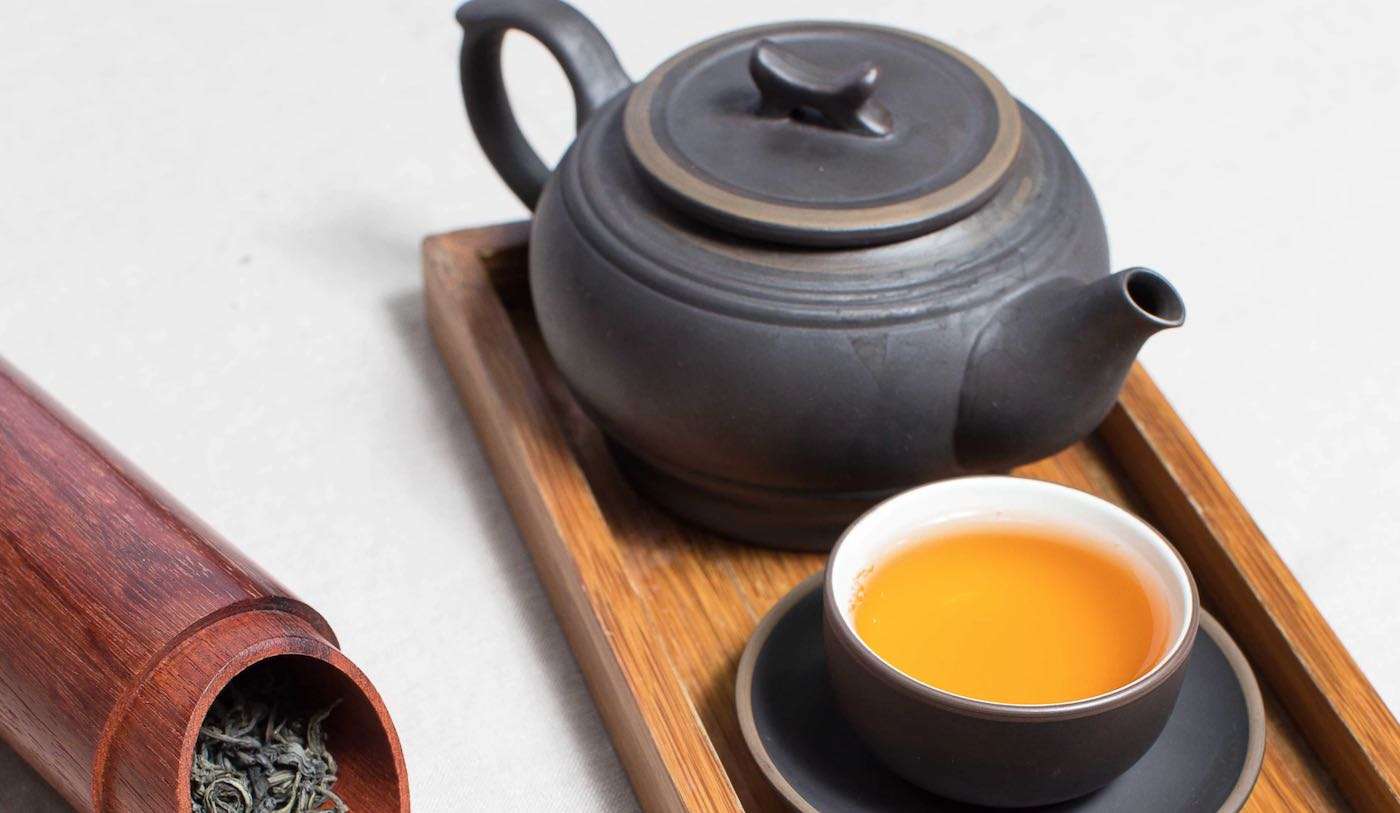This 'Life-Changing' Backward Walker is Helping People Move Forward Hands Free
Rob Karlovich invented a backward walker, the LifeGlider, that gives people with disabilities the ability to walk hands-free with stability.

Green tea has been consumed in China for 4,000 years-and one of its compounds may hold the key to staving off cancer, according to compelling new research.
It switches on a gene called p53, which is proven to block the development of tumors.
Known as the "Guardian of the Genome" for its ability to repair DNA damage and destroy cancerous cells, p53 is classified as a tumor suppressor-and if a person inherits only one functional copy of the p53 gene from their parents, they are predisposed to the disease.
A new study published this month in Nature Communications shows that an antioxidant found in the traditional Chinese drink may increase levels of p53 and improve its efficiency, say scientists at the Rensselaer Polytechnic Institute in Troy, New York.
Studying the direct interaction between p53 and the green tea compound, epigallocatechin gallate (EGCG), offers hope that a new drug might be created to mimic it.
"Mutations in p53 are found in over 50% of human cancer," said the paper's author Professor Chunyu Wang, who called it "arguably the most important protein in human cancer."
A state of the art scanning technique called nuclear magnetic resonance spectroscopy showed EGCG protects the cell structure's ‘N-terminal domain' from degradation.
EGCG is a natural antioxidant, which means it helps to undo the near constant damage caused by oxygen metabolism. Found in abundance in green tea, EGCG is also packaged by many companies as an herbal supplement.
Wang's team identified the specific mechanism-the beneficial interaction between EGCG and p53- for the first time. "When EGCG binds with p53, the protein is not being degraded…so the level of p53 will increase with the direct interaction."
"That means there is more p53 for anti-cancer function."
When operating at full capacity, p53 activates DNA repair mechanisms and prevents the cells with damaged DNA from dividing. If DNA damage is irreparable, p53 induces the cell to destroy itself by undergoing apoptosis, or programmed cell death.
Since it is commonly switched off in human cancers, reactivating the protein could potentially provide a powerful way of treating the disease in the future.
The findings also shed fresh light on the benefits of green tea, which has been shown to reduce the risk of dementia and heart attacks. One study of over 100,000 older Chinese people found those who drank at least three cups of green tea a week were 25 percent less likely to die over the next seven years.
"By developing an understanding of the molecular-level mechanisms that control key biochemical interactions linked to devastating illnesses such as cancer and Alzheimer's disease, Chunyu's research is laying the groundwork for new and successful therapies," said Curt Breneman, dean of the Rensselaer School of Science.
SHARE a Cuppa Good News With Your Tea Drinking Friends on Social Media…
Be the first to comment